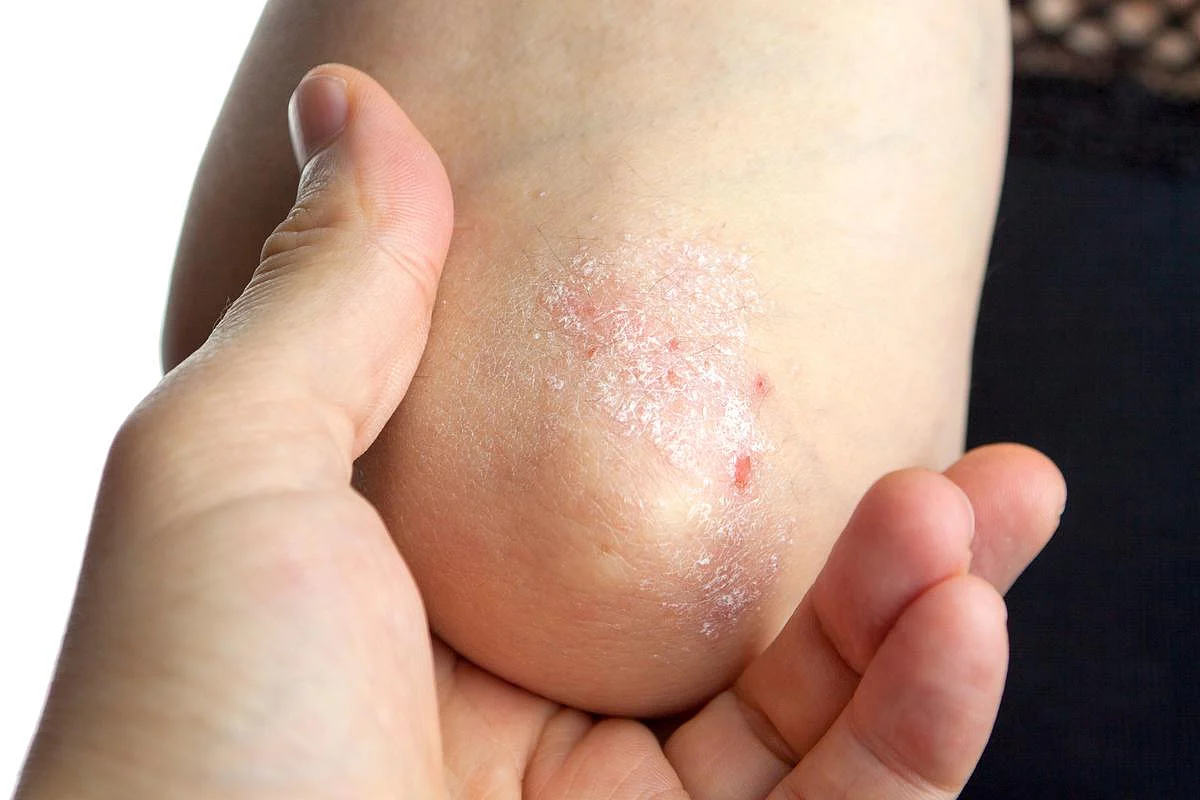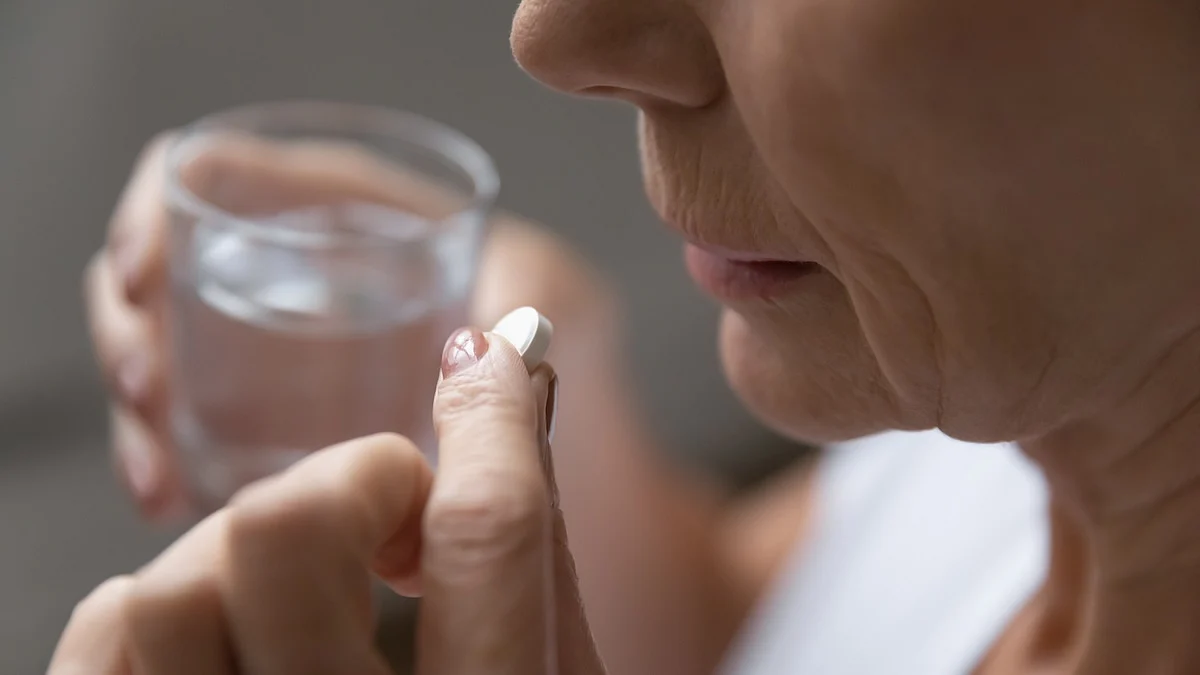
MONDAY, July 7, 2025 — Two babies in Oregon got sick with lead poisoning after eating baby food from Target that was previously recalled, Oregon health officials said. The food was part of the Good & Gather brand sold at Target stores and made by the company Fruselva. It was recalled back in March, but… read on > read on >

















.jpg)
